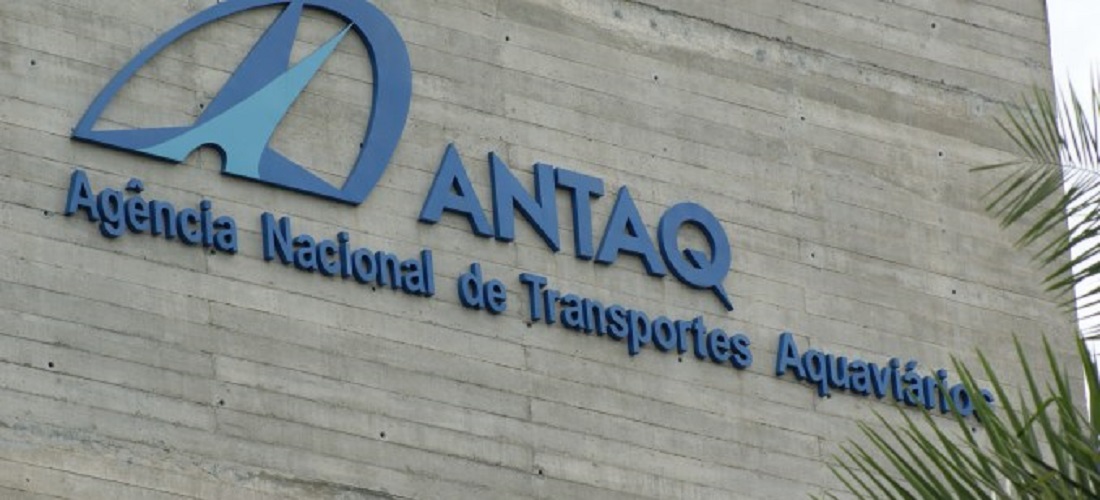
Inspections carried out by Antaq catch lower rate of irregularities
Aug, 09, 2024 Posted by Gabriel MalheirosWeek 202432
Brazil’s National Waterborne Transportation Agency (ANTAQ) carried out 2,568 audit inspections in the first six months of the year, an increase compared to the 2,334 operations in the same period last year. This information was released by Antaq during a presentation on Waterway Performance on Wednesday (August 7).
This amount comprises the majority of inspections or 1,645 routine inspections, 416 inspections scheduled under the Annual Inspection Plan, and 507 extraordinary inspections.
The Superintendent of Inspection and Coordination of ANTAQ Regional Units, Alexandre Florambel, explained that the reduced number of ordinary and extraordinary inspections was due to responsive inspection: ” Today, we focus on companies that present irregularities, and those that are more compliant are inspected in longer time frames.”
Nearly 70.5% of the infractions that were reported in the first half of the year were fixed, indicating that the majority of notifications are made right. Furthermore, in the first half of the year, the rate of persistent irregularities dropped by half.
Permits
In the first half of this year, permits for public facilities increased by 2.7%, registrations increased by 2.6%, authorized Brazilian Shipping Companies (EBNs) increased by 3.9%, the fleet increased by 5.7%, and charters increased by 24.5%. As a result, authorization for private facilities decreased by 0.4%.
The Agency recognizes the importance of legal and regulatory security as a fundamental pillar for attracting investment in the waterborne sector. This creates a virtuous cycle that benefits the entire sector.
“These pillars, when met, encourage the movement and number of permits and make investments viable. Therefore, every semester we talk about record port throughput,” stated the Agency’s Superintendent of Grants, Renildo Barros.
Port throughput
The waterway sector grew by 4.28% in the first half of 2024, handling 644.76 million tonnes of cargo. This increase was mainly driven by containerized cargo, with highlights also for the growth of solid and liquid bulk. The three cargo profiles presented the highest throughput in the historical series for the first half of the year since 2010.
Regarding containerized cargo, throughput reached 73.3 million tonnes in the period, an increase of 22.72%. Based on the history of container throughput over the last four years, there is a sign of a resumption of activity in several ports in the country, which demonstrates continuous growth.
-
Oil and Gas
Aug, 19, 2019
0
BW Offshore starts operating in Brazil
-
Ports and Terminals
Dec, 14, 2023
0
Government Auctions Four New Port Areas, Attracting Over R$2 M in Investments
-
Ports and Terminals
Mar, 27, 2019
0
Santos port moves record cargo volumes for the month of February
-
Grains
Sep, 09, 2022
0
Ukraine, Poland to build a pipeline for transporting Ukrainian vegetable oil

